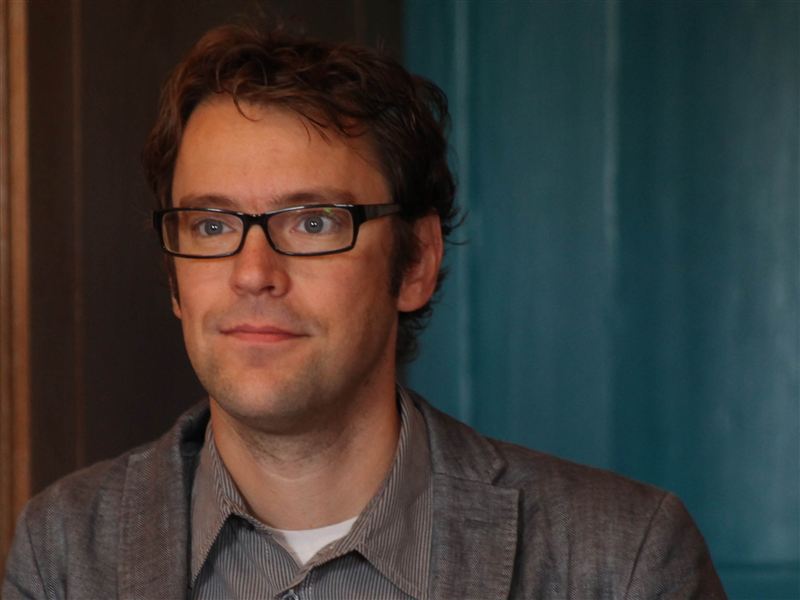Teoretiska framsteg inom nationalekonomin de senaste 30 åren?
 7 jan 2011, kl 8:16 |
7 jan 2011, kl 8:16 |  Lite väl akademiskt
Lite väl akademiskt Här har vi en möjligen intressant bok: The Soulful Science: What Economists Really Do and Why It Matters av Diane Coyle (som tidigare skrivit Sex, Drugs & Economics). Hon försvarar bl a användandet av matematik, men Bryan Caplan håller inte med fullt ut:
Especially in economic theory, math rarely "brings clarity." Math more often leads to neglect of important facts and confusion about irrelevant mathematical issues ... Almost all of the advances of the last thirty years that she hails are empirical, and almost none of these empirics even hinge on technical econometrics
Intressant. Någon teoretiker som vågar ta upp tråden och lista rent teoretiska framsteg inom nationalekonom de senaste 30 åren?
Själv gillar jag ju Arrows teorem, och även den förväntningsutvidgade phillipskurvan, men båda faller ju på 30 årsgränsen. Den evolutionära spelteorin kanske, specifikt idén om evolutionärt stabila strategier. Men Maynard-Smith var ju biolog, (wiki-länk), och själva idén publicerades 1973 - i Nature...

Reader Comments (6)
Human capital theory
Rational expectations macroeconomics
The random walk view of financial markets
Signaling models
Public choice theory
Natural rate models of unemployment
Time consistency
The Prisoners' Dilemma, coordination games, and hawk-dove games
The Ricardian equivalence argument for debt-neutrality
Contestable markets
Contestable Markets and the Theory of Industry Structure by William J. Baumol, John C. Panzar, and Robert D. Willig. San Diego: Brace Jovanovich, 1982.
Där fick vi tyst på kritiken i ett helt år til ;-)
Även KM har naturligtvis rätt: teoretiska framsteg behöver inte vara matematiska. Men frågan kvarstår!